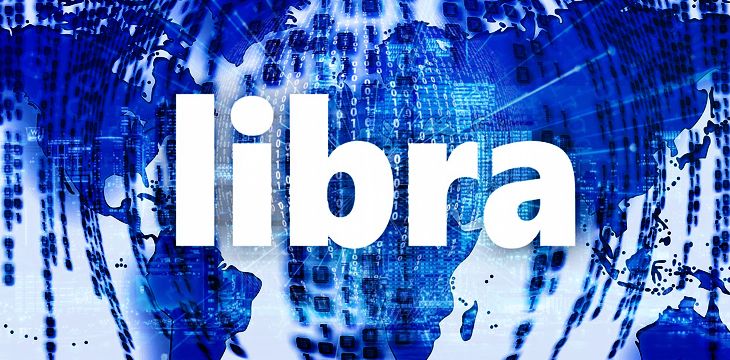|
Getting your Trinity Audio player ready...
|
The G20 has warned that the world’s leading economies remain at risk from stablecoins such as Facebook Libra, which it said have the capacity to undermine financial stability.
In a statement, the Financial Stability Board (FSB) of the G20 published a list of recommendations for its members, in a bid to shape a common global response to regulating stablecoins.
The move was prompted by Facebook’s Libra proposals, but describes the regulation of stablecoins more broadly, which the FSB said should face similar rules to other businesses which pose a risk to financial security.
Digital currencies that are tied to the value of fiat or other assets, stablecoins such as Libra aim to remove the speculative element by offering a fixed value, with utility for commercial and payment applications.
However, according to the FSB, digital payments through stablecoins risk rivalling fiat cash for payments, and without updates to existing regulations on a country by country basis risk undermining financial stability.
The FSB acknowledged that existing rules around payments such as customer verification and ID usually apply to stablecoins and mitigate some of the risks posed to the financial system. However, it said the lack of coverage of rules from country to country means there are difficulties in regulating stablecoins over international borders.
The FSB recommendations say cross-border cooperation is required in order to prevent stablecoins from exploiting gaps between policies.
“Relevant authorities should, where necessary, clarify regulatory powers and addfress potential gaps in their domestic frameworks to adequately address risks posed by global stablecoins.”
Amongst its recommendations, the FSB said stablecoins should have safeguards in place to tackle cyber threats, along with systems for preventing terrorism financing and money laundering through stablecoins.
They should also be “operationally resilient,” as well as demonstrating effective risk management in order to control the risks they pose to financial stability.
The proposals come at a time of increasing interest in stablecoins, both from companies like Facebook and central banks, many of whom are reported to be working on their own digital currencies pegged to fiat currency.

 02-22-2026
02-22-2026 




